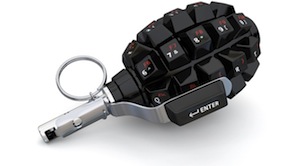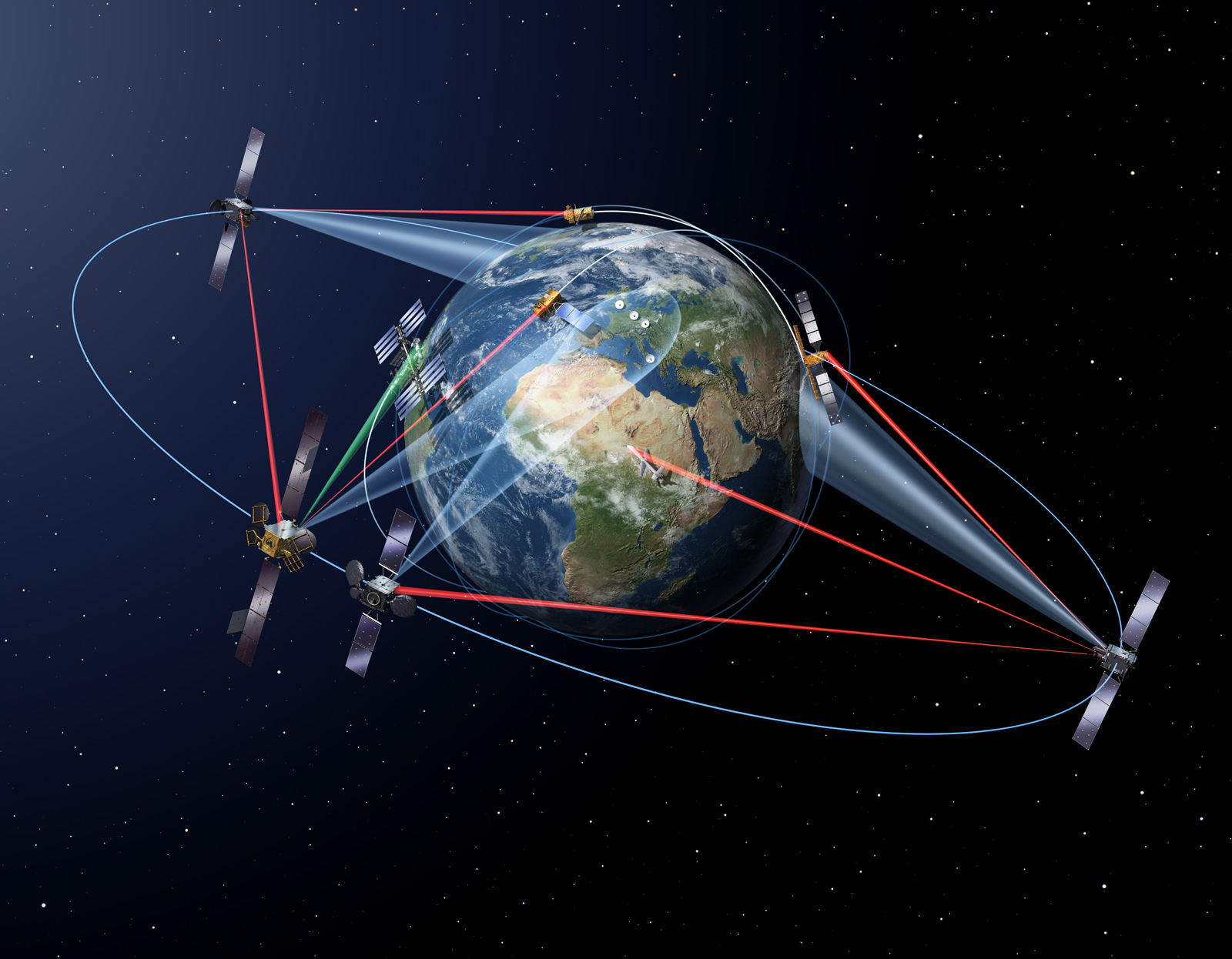Not wanting to be left behind in the race to develop artificial intelligence-powered surveillance and defense system, India is getting ready to build a lethal autonomous weapon systems for warfare capabilities, it was revealed Monday.
With the creation of a 17-member task force, India's goals range from "establishing tactical deterrence in the region and visualizing potential transformative weaponry" to "developing intelligent, autonomous robotic systems and bolstering cyber defence," the Times of India reported.





